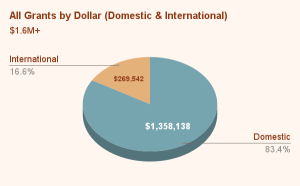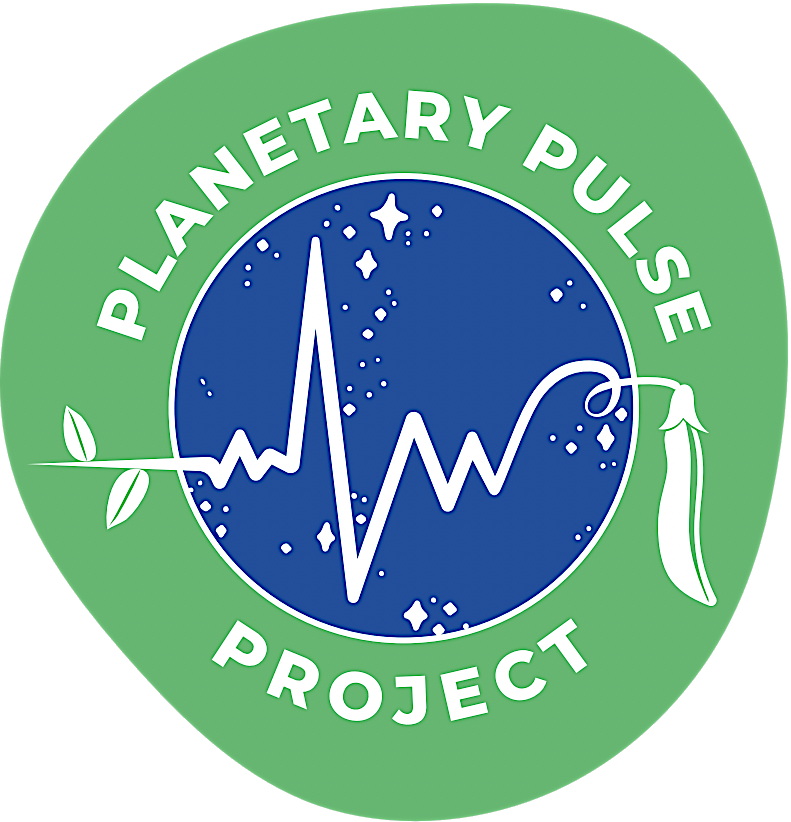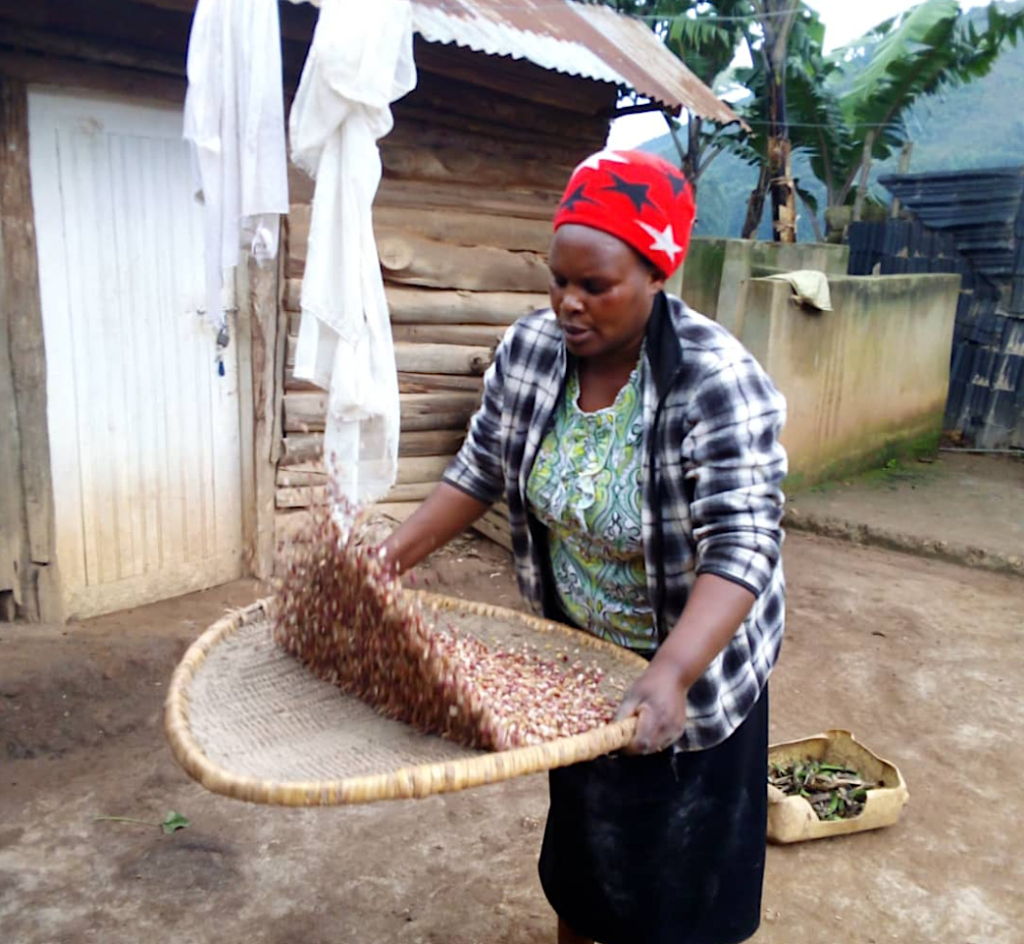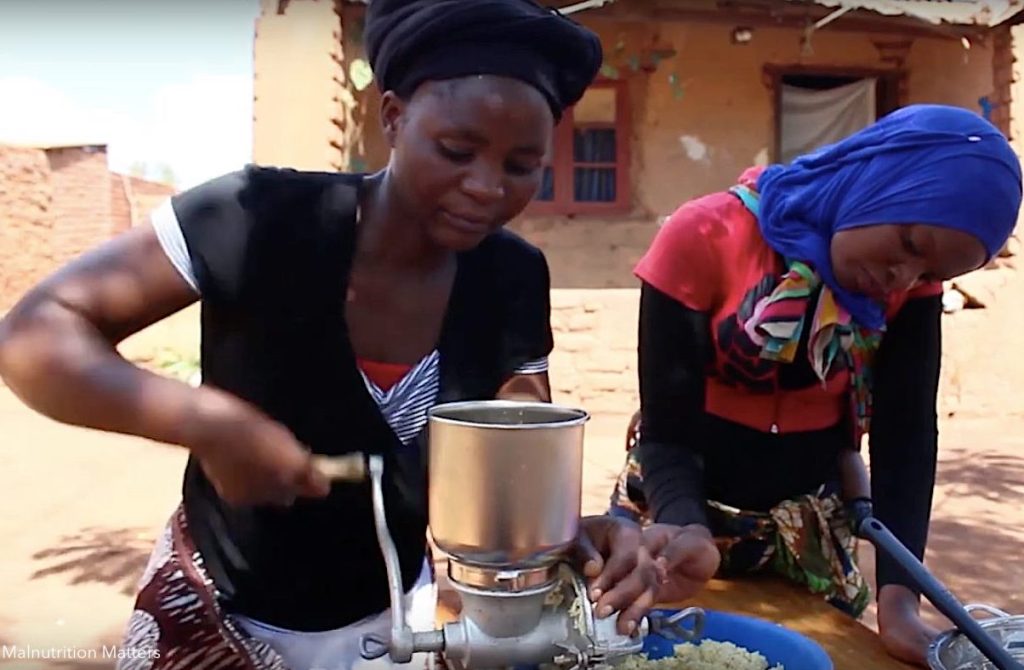Stay Tuned for 2024 Wrap-Up Report
Sneak Peek: Our small team (apx four people) added a new country (assisting Malnutrition Matters in Mozambique) and a record-breaking $1.3 million in fiscal sponsorships (in addition to our grants), about $1.5 million total in 2024. Our new total 2009-2024 is $16.7 million of funding in 96 countries.
2023 Global Grants & Fiscal Sponsorships

Here's a look at our what our Global Grants program has provided thanks to you and the other exceptionally generous donors.
In 2023... we distributed 163 grantees (117 in the U.S. and 46 internationally) totalling more than $1.6 million.
Total 2009-2023... we have distributed 2800+ grants totaling $15+ million in 95 countries!
See full report with graphs here.
2023 also saw a number of important recognitions for A Well-Fed World. In August, we earned a donation platform on GlobalGiving, one of the most prestigious and thoroughly vetted fundraising networks for nonprofits, where our first major fundraising campaign, #GivingTuesday, raised more than $11,000 for Plants-4-Hunger! We were also just awarded Great Nonprofit status for 2023 thanks to your recommendations. Finally, below, we are excited to share a few highlights of the extraordinary work your generosity helped Plants-4-Hunger support in 2023.
Cool Beans!
 In April of last year, on World Pulses Day, we launched the Planetary Pulse Project, a collaboration with our partners Seed Programs International to distribute free or low cost organic legume seeds (pulses) to farmers and growers in need around the world.
In April of last year, on World Pulses Day, we launched the Planetary Pulse Project, a collaboration with our partners Seed Programs International to distribute free or low cost organic legume seeds (pulses) to farmers and growers in need around the world.

Pulses are one of the most planet-friendly foods on earth and include thousands of varieties of protein-packed beans, peas, and lentils. They are also one of the most nutritious and climate-resilient sources of protein available, and are already a staple in traditional cuisines around the world. They can be grown on so-called marginal land in inhospitable conditions; they are extremely water efficient, often grown as rainfed crops without irrigation; and they regenerate soil, improving soil formation and biodiversity, and promoting higher rates of soil carbon sequestration. Additionally, their ability to fix nitrogen means they reduce or even eliminate the need for synthetic fertilizers.
Through our Planetary Pulse Project, 33,310 packets of legume seeds were distributed to growers in need in 5 countries. Recipients included 4 schools in Zimbabwe, a hospital farm in Haiti, a community of Cameroonian refugees in Nigeria, two women farmers’ cooperatives in Uganda, and an urban community garden in Queens, NY in the U.S.
Our partners said the legume seeds were such a success, and in such high demand, they would love to scale up the project this year with our support. If you’d like to contribute, you can donate through Plants-4-Hunger and include a note to specify support for the Planetary Pulse Project. We'll also be adding a dedicated Planetary Pulse Project page on our GlobalGiving platform soon. Read the full impact report here.
Empowering Women Through Soy Microbusinesses

The soy microbusiness model is helping to lift many rural women and their families out of poverty while improving nutrition and food security in their communities. Through our partners Malnutrition Matters, our Plants-4-Hunger program supports multiple soy-based micro-enterprises for women in Africa, the Americas, and Asia. We also support our partners Plenty International's Soy Nutrition Program which helps women create soymilk and soyfoods for children and families who live in the Guatemala City Landfill.
Malnutrition Matters economically empowers women through provision of soy processing equipment and training to produce affordable, nutrient-dense food in communities with high rates of malnutrition and poverty. Their small and large scale Soy Kits (see video below) combined with entrepreneurial mentorship help women and women's cooperatives generate sustained income and improved nutrition by turning locally grown soybeans into milk, flour, tofu, yogurt, baked goods, and other foods.
Villages where women receive Soy Kits consistently show improved income, nutrition and wellbeing for women, their families, and communities, as well as the creation of new jobs. Globally, countries with higher levels of gender equality also have a proportional reduction in poverty and income inequality overall.
Plant-Based Protein in Rwanda
Even organizations that aren't plant-based are increasingly understanding the power of plant-based solutions. We recently worked with One Acre Fund and the Greenbaum Foundation to support this innovative plant-based protein program in Rwanda.
One Acre Fund operates in nine countries in Sub-Saharan Africa, where most of the continent’s food is grown. They help smallholder farmers increase crop diversity and income with more climate-resilient crops and trees, as well as training and equipment.
In Rwanda, One Acre Fund trialed texturized vegetable protein (TVP) as a meat replacement. Receptivity to TVP in dishes where beef is traditionally used was wildly positive, as the video below shows. Based on TVP's popularity, One Acre now plans to work with smallholder farmers in Rwanda to grow climate-resilient varieties of traditional beans and peas (such as cowpeas) that can be used to create locally-grown TVP.

